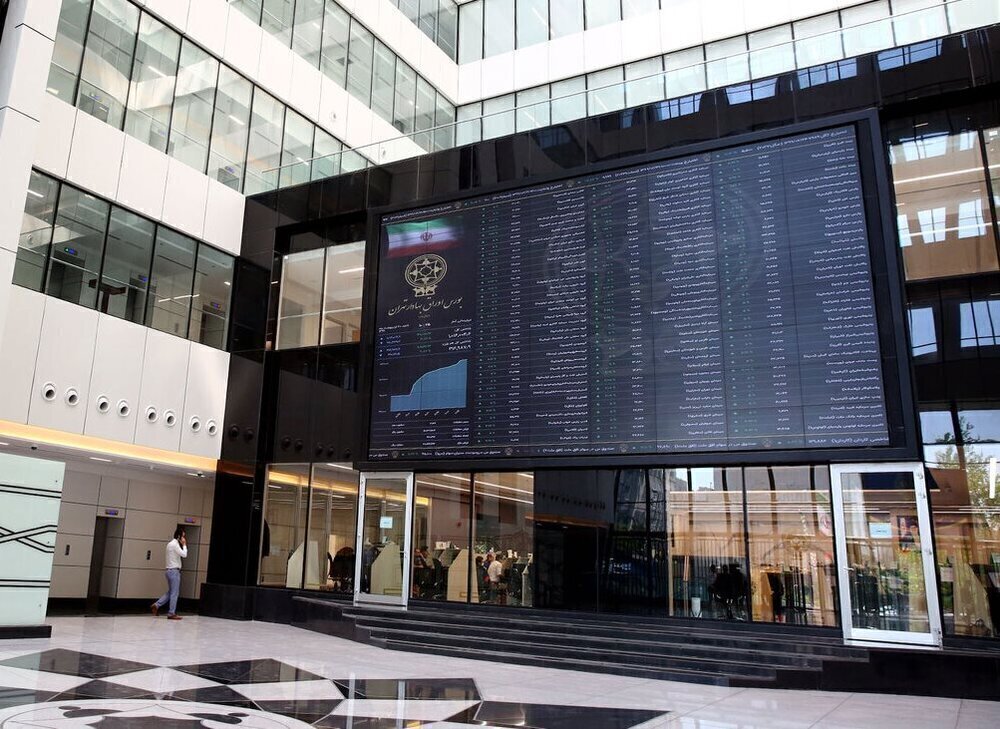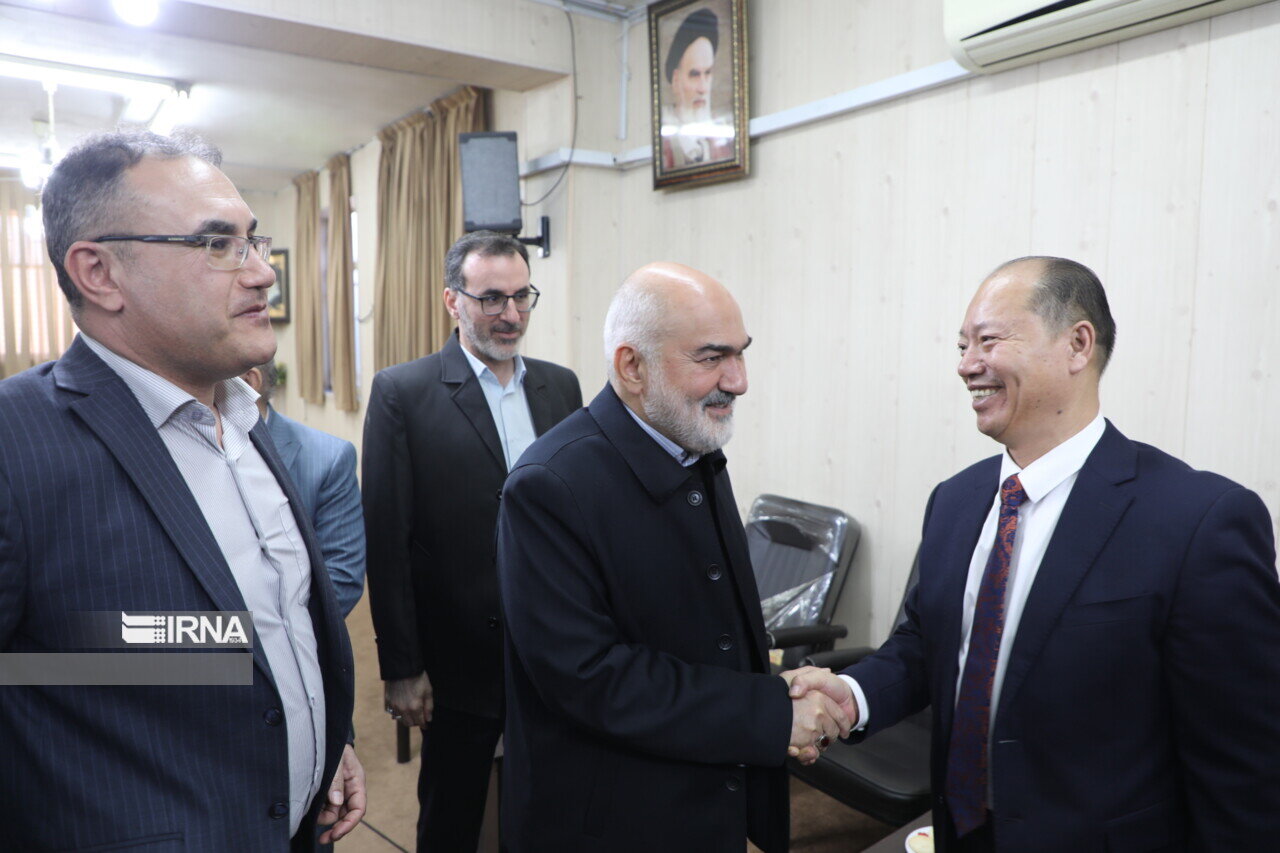
Mohammed al-Bashir, the head of the administration that ran Idlib in northwest Syria, has been appointed as the country's interim prime minister following the overthrow of Bashar al-Assad.The decision came after Hay'at Tahrir al-Sham (HTS) leader Abu Mohammad al-Jolani met with outgoing Syrian Prime Minister Mohammed Jalali and Vice PresidentFaisal Mekdad to discuss a transitional government on Monday."The general command has tasked us with running the transitional government until 1 March," Bashir said on Tuesday, according to state media.HTS led the shock 12-day rebel offensive which toppled the Assad dynasty that ruled Syria for the last five decades.Bashir has been the head of the Syrian Salvation Government, a HTS-controlled administration in the Idlib governorate, since January 2024.Bashir, an engineer by trade, was born in the Jabal Zawiya region of Idlib during the mid-1980s.Freedom of expression has been stifled by HTS during its rule over IdlibAccording to a CV published by the Salvation Government, he studied electrical engineering at the University of Aleppo.He also has a qualification in the English language, and administrative planning and project management, as well as a degree in Sharia and law from the University of Idlib.Before joining the opposition administration, he worked as the head of the precision instruments department at the Syrian Gas Company.But he left that job in 2021 and joined "the ranks of the revolutionaries" in Idlib, his CV stated.
It involved serving as the minister of development and humanitarian affairs of the Salvation Government between 2022 and 2023.In January, the Idlib administration's Shura Council elected Bashir as its prime minister.Bashir ran on a platform of modernising the government through the use of technology, strengthening the economy and prioritising the humanitarian needs of displaced people in Idlib, reported Levant24, a Syrian news outlet, in January.Idlib has been run by several opposition groups opposed to Damascus since the Syrian civil war broke out in 2011.
HTS consolidated its control over the area in 2017.The Salvation Government is regarded as a technocratic administration, with some areas of governance, such as health and education, delegated to local institutions and foreign aid organisations, while it controls security and the economy.But freedom of expression has been stifled by HTS during its rule over Idlib, including violence and arbitrary arrests used tocrack down on dissenting voices.

 5
5










